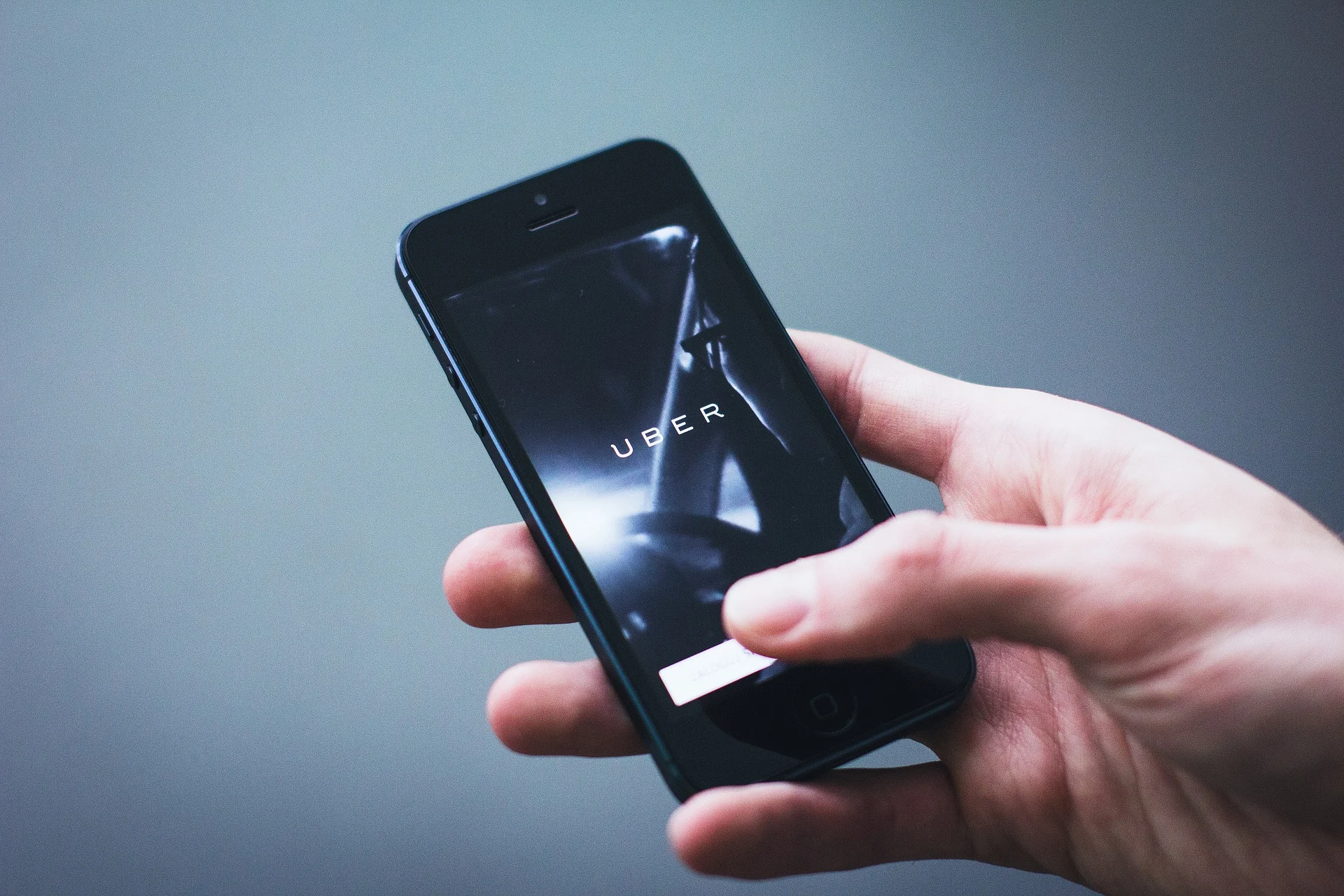
Flexible Workplaces in the Gig Economy and Access to Injury Compensation
Published on May 14, 2018 by Joshua Dale
In a generation of technological advancement, workplaces all around us are changing dramatically. If you want to be your own boss, work your own hours or want flexibility in the type of work that you do, there is almost certainly an app for that.
In a world where one can become an Uber driver and Uber Eats or Deliveroo food delivery bike rider or even a jack of all trades providing services based on user’s requirements on apps such as Airtasker, one can approach the workplace in an ever-changing, dynamic and individualised way to suit the wants and needs of those operating within its sphere.
But what happens when an Uber Eats bike rider falls off their bike and injures themselves seriously, are they able to claim compensation or are they left with significant medical bills to treat their injuries? Alternatively, what happens if you invite somebody into your home to deliver a heavy furniture item who then suffers significant back injury during the course of performing works engaged by you through the Airtasker app? Are you liable?
When reviewing the engagement contracts and websites of these various apps, it becomes very clear that individual companies servicing the app act as a middle person bringing a service provider to a customer for a fee. They do not offer insurances but do offer checks and balances purporting to offer safety to the users of the app. For example, if you get an Uber you know that your driver’s undergone criminal record checks, driver safety record checks and otherwise has the appropriate compulsory insurances over their vehicle. For the purposes of sustaining injury in a motor accident, you would likely be covered under the CTP insurance schemes in each state and territory of Australia.
However, the question of liability for injury sustained whilst operating a pushbike for the purposes of delivering meals to various people through a meal delivery app is unlikely to be classified as a motor accident unless it involves a motor vehicle of some type. Therefore, there would be no insurance or coverage available to a meal delivery bike rider in circumstances where they were to sustain injury during the course of the delivery.
The exception to this would be where an individual pays a premium for workers compensation insurance which is neither a requirement by Uber or Uber Eats or Deliveroo and on an individual basis would probably be quite restrictive. For example, in a recent investigation by the Transport Workers Union it found that 75% of riders are getting paid below minimum wage.
These issues would rarely enter the mind of the individual receiving food services through the apps and on that basis, it seems to be that by adopting these apps, we as a generation are potentially encouraging unsafe workplaces coming out of the invention and advancement of the gig economy.
However, what becomes of great concern to a user is a potential for liability when one invites an individual into their home to perform services by apps such as Airtasker. Usually when one engages a qualified contractor, one would check that that contractor had their own individual insurances for both public liability and workers compensation. You would probably also be concerned enough to ask about whether or not the public liability insurance of say, a water‑proofer, a tiler, electrician or plumber extended to any damage that was caused during the course of those contracted works. After all, you would want to know that if anything goes wrong you will not be financially liable for it and the contractor would take responsibility for it.
When one reviews the standard insurance policy offered by, for example, Airtasker for public liability, there are a number of specific exclusions for types of services offered through the Airtasker app. For example, activities involving tree lopping, building maintenance and labour works, mechanical repairs, interstate delivery or removalist work, professional indemnity cover, body piercing\tanning, tattoo work, fitness and personal trainers. There are a number of other categories that are excluded.
This would mean that one would need to ensure that each of these service providers would have their own insurances which, to the everyday user of the app, who sees public statements about insurance for your ‘peace of mind’ and who would not delve into actually reading the policy documents would likely see a number of scenarios whereby they could potentially be liable for works undertaken in their home. For example, there is specific exclusion for workplace personal injuries. A potential scenario would be where a user engages someone to deliver a heavy piece of furniture that might lead to a significant back injury of that person, or perhaps trip over items across the floor in your home. This could see a user of the app liable under their own home and contents policy. This becomes further complicated in an apartment scenario where often individual lot owners only have contents insurance as a building is generally insured through the Strata Committee for the building and common areas. What this means is that you would potentially be personally liable if someone is injured within the boundary of your own unit performing a task in one of the excluded categories of the Airtasker public liability insurance policy.
What remains clear is that irrespective of the changes in technology, all users of these apps should take a cautious approach in line with the age-old market position of ‘buyer beware’.
What becomes clear when one reviews the employment and contracting scenarios in an age of flexible workplaces in the gig economy is that technology seems to be advancing based on consumer’s needs for greater flexibility in obtaining services but also in engaging in new workplaces. What is also clear is that legal systems and insurance policies will fail to keep up with the ever-changing scenarios that are taking place in the way in which services are engaged.
As this disconnect widens with the advancement of technologies and the services offered through apps and other forms of technology, it is likely that there will be an ever-increasing number of uninsured injuries and liabilities that will be borne personally by the individual providing services through an app or in some cases, an individual acquiring services through an app whereby there are potentially excluded insurance cover under existing public liability policies.
If you have been injured at work or find yourself on the receiving end of an uninsured claim, you should contact one of our experts at Carroll & O’Dea Lawyers who can guide you through what you need to do to protect your interests.
